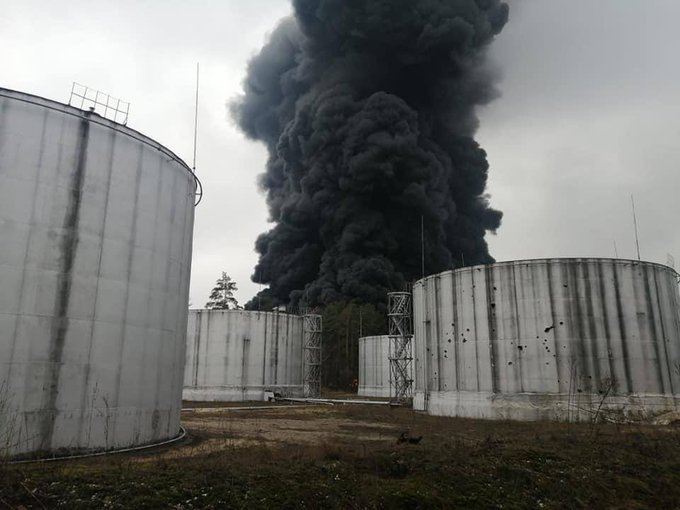Gasoline prices have soared with no sign of slowing down as economic sanctions on Russia have caused Western oil traders and shippers to shy away from buying and selling Russian oil.
Russian exports account for about 8% of global oil supply. Russia is the world’s third largest exporter of crude oil, which is used to make gasoline, jet fuel, plastics, and other products.
Oil’s importance for manufacturing, travel, and other industries means higher costs for businesses and consumers, potentially leading to an economic slowdown or recession. When consumers have to spend more money on fuel, it also means they have less disposable income, which would affect restaurants, retail, and other services seemingly unconnected to oil.
The statewide gas price average in Texas is $3.38 for a gallon of regular unleaded fuel, according to the AAA Texas Weekend Gas Watch. That price is 17 cents more than from this day last week and is 92 cents more per gallon compared to this day last year.
The national average price for a gallon of regular unleaded is $3.73, which is 19 cents more than a week ago and 99 cents more than the price per gallon at this same time last year.
That’s the highest level since August 2014. But with crude oil prices now passing levels not seen in more than a decade, gas prices are likely to follow.
The price for a barrel of Brent Crude today spiked as high as $119 and West Texas Intermediate Crude rose as high as $116 a barrel, the highest level since 2008, before the fracking boom. J.P Morgan analysts say they believe that oil could hit $150 a barrel or higher.
Volatility in the energy market stems from retaliatory sanctions against Russia imposed by Western nations for Russia’s invasion of Ukraine. Although Russia’s oil and natural gas exports have been exempted from the sanctions, traders are shying away from Russian contracts anyway. That’s causing uncertainty about Russian oil supplies making it on to the global market.
Russia has also been severed from Western banking institutions, making it more difficult for energy firms to complete transactions for Russian oil. Moreover, Western energy giants like BP, which have joint projects in Russia, are moving to divest from the Russian energy sector.
Eventually, higher oil prices could cause people to change their behavior and use less fuel, a process known as “demand destruction.” That might bring prices down.
But for the time being, demand is still increasing. AAA Texas spokesperson Daniel Armbruster commented, “Demand for gasoline will only increase as spring approaches and more people travel. Couple that with rising crude oil prices and drivers can expect to continue to see even higher fuel prices in the days and weeks ahead.”
